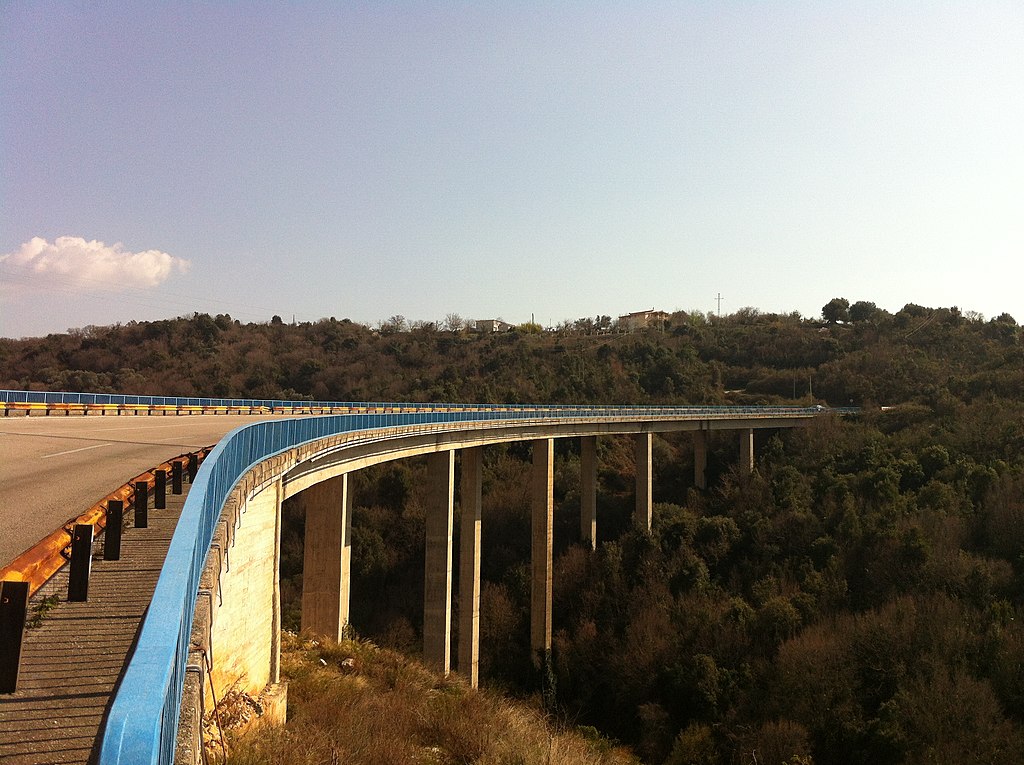
NEWS


NEWS
Published
Dr Čarna Brković (Principal Investigator for the University of Mainz research team) reflects on practices of digital prosocial giving in Montenegro and considers what their specificities reveal about ‘Europe’ as a socio-political and economic space characterised by dynamics of inclusion and exclusion.

During our ReDigIm research, we encountered a challenge in Montenegro, one of the five chosen research sites: there are no international prosocial giving platforms such as GoFundMe. While there is abundant offline crowdsourcing for healthcare and some local online platforms for prosocial giving, they seldom endure beyond a year. Although comparative challenges among the countries were anticipated – Montenegro, a postsocialist and a postwar country, has been negotiating European accession for twelve years – a question arose: how do we examine the role of the digital in redistributive imaginaries in a place lacking long-lasting and well-established international crowdsourcing platforms? As Rebecca Bramall demonstrates, the historical can serve as a resource for the constitution of collective projects and agents, including the radical ones. What insights do we gain from comparing the divergent histories of western European welfare states and the real existing (post)socialist countries in Southeast Europe?
This and similar challenges constitute the backdrop of a trend identified by Fishberg et al., suggesting that European projects may unintentionally perpetuate a ‘model country’ bias:
“When large-scale social science initiatives, especially those spanning across the EU, strive to forge universally applicable insights, they inadvertently prioritise certain countries over others … The outcome? A skewed production of knowledge that unintentionally side-lines the unique socio-political contexts of more peripheralized countries, such as those in Central and Eastern Europe and parts of Southern Europe.”
The Redigim Team has addressed this challenge by delving into the reasons for the discrepancies among the chosen countries and examining what this reveals about ‘Europe’ as a socio-political and economic space.
Montenegro, a Southeast European, Balkan, and postsocialist country, aspires to join the European Union. Characteristics of postsocialist countries in Eastern Europe are often interpreted as the outcome of ‘lagging behind’ the ‘first speed Europe’. The implicit assumption is that once these countries implement all the policies and practices of the Western European countries, they will finally ‘catch-up’.
However, cultural anthropological and sociological research demonstrates that this assumption is flawed. Differences between European ‘core’ countries and postsocialist peripheries result from a specific dynamic between inclusion and exclusion. As Dace Dzenovska argues, the European project is premised upon a tension between “the imperative to profess and institutionalize the values of inclusion and openness while at the same time practicing—and also institutionalizing—exclusion and closure”. Some patterns of inclusion and exclusion become read as ‘European’, while others do not.
Our research supports this interpretation. Comparing how imaginaries and practices of prosocial giving in a European periphery relate to, and differ from, those in the European ‘core’, has led us to notice a particular dynamic of inclusion and exclusion.
Montenegro is ambivalently included in the circulation of European discourses about the importance of the digital for welfare, healthcare, and cultural projects; while at the same time, it is excluded from actual participation in many European digital and financial infrastructures. A notable example of this dynamic is Paypal, which allows money to be sent from Montenegro, but does not allow it to be received. Another example is Single Euro Payments Area (SEPA), an EU payment integration initiative simplifying Euro bank transfers: despite adopting Euro as its official currency in 2002, Montenegro is still not part of the SEPA. Exclusion from financial infrastructures also impacts digital crowdsourcing. For instance, it is not possible to start a GoFundMe project with a bank account and an address in Montenegro.
As my previous research suggests, Montenegrins are often simultaneously included in the racialized and class-based discourses about humanitarianism and other forms of giving, yet excluded from actual participation in transnational humanitarian and philanthropic projects due to structural constraints. This paradox sometimes results in ‘ugly feelings’ such as disappointment, sarcasm, and a general sense of wanting to act, but being unable to. At other times, it supports local forms of creativity and inventiveness. As David Ost argues, Eastern Europe matters “in the way that semi-peripheries always do: as an endless source of innovation and policy experimentation, which often gains global significance, though in a deformed manner, when translated by the core, to serve the latter’s interests”. The next steps of our ReDigIm research project will continue to explore these cultural dynamics.